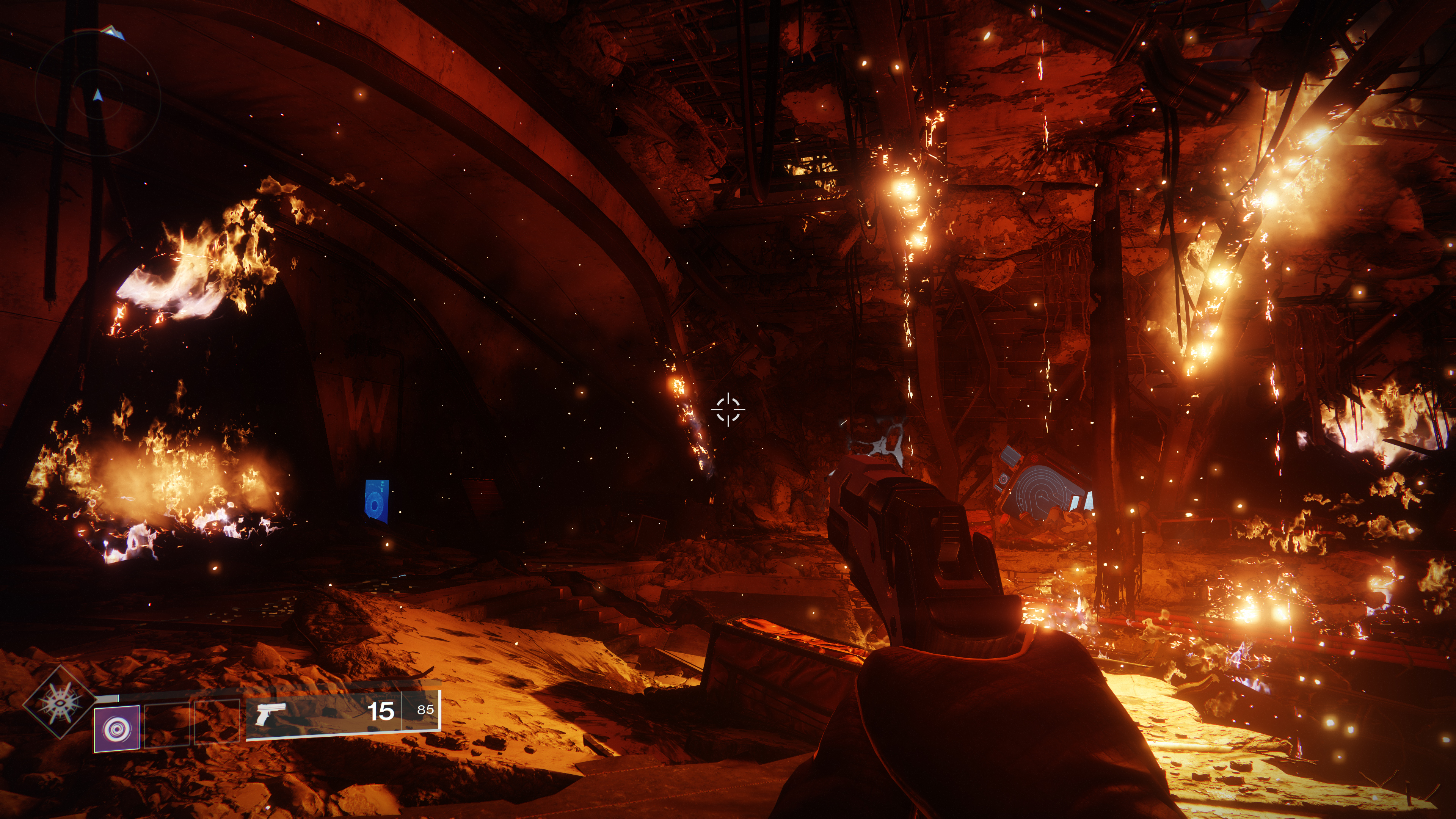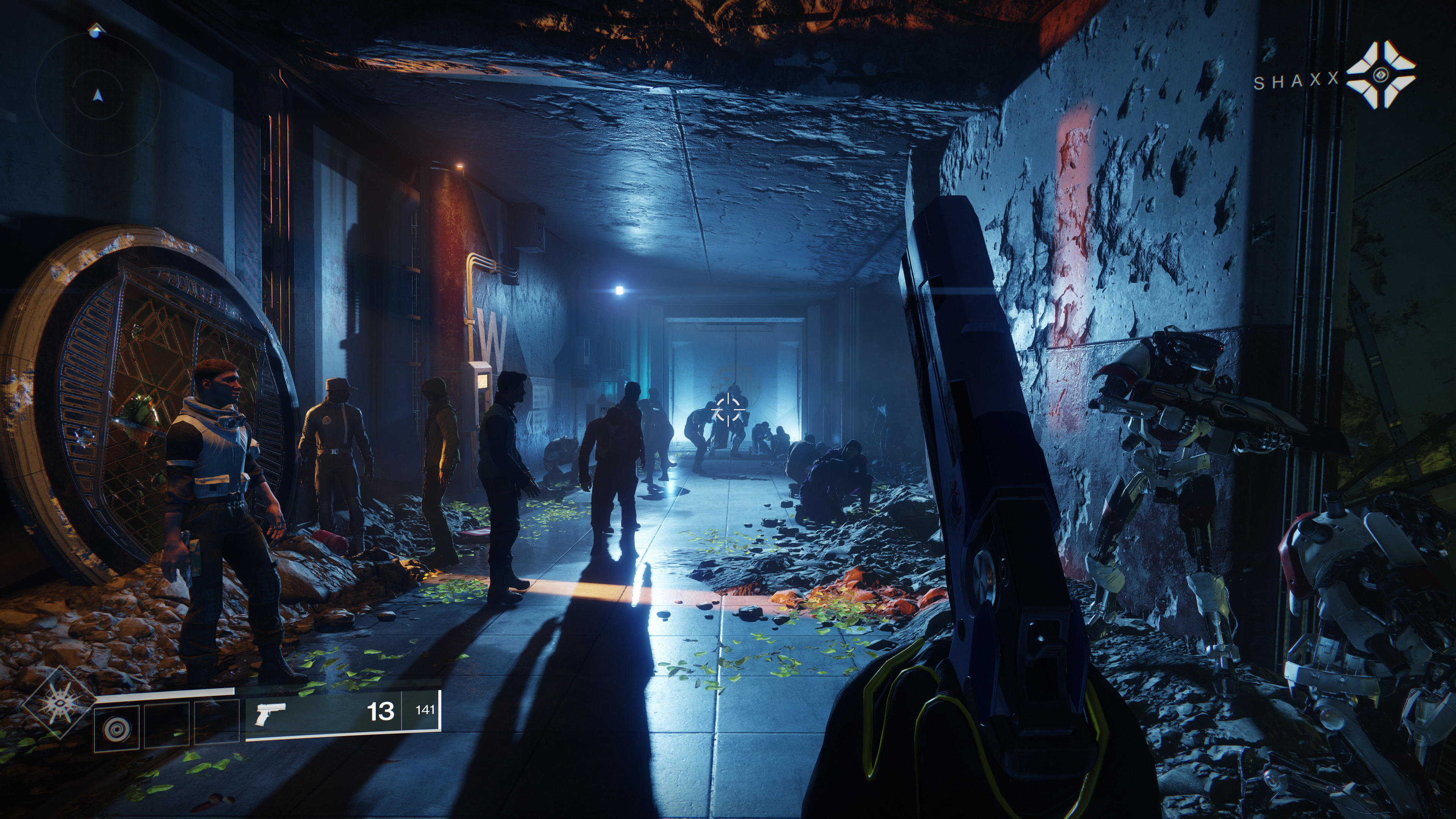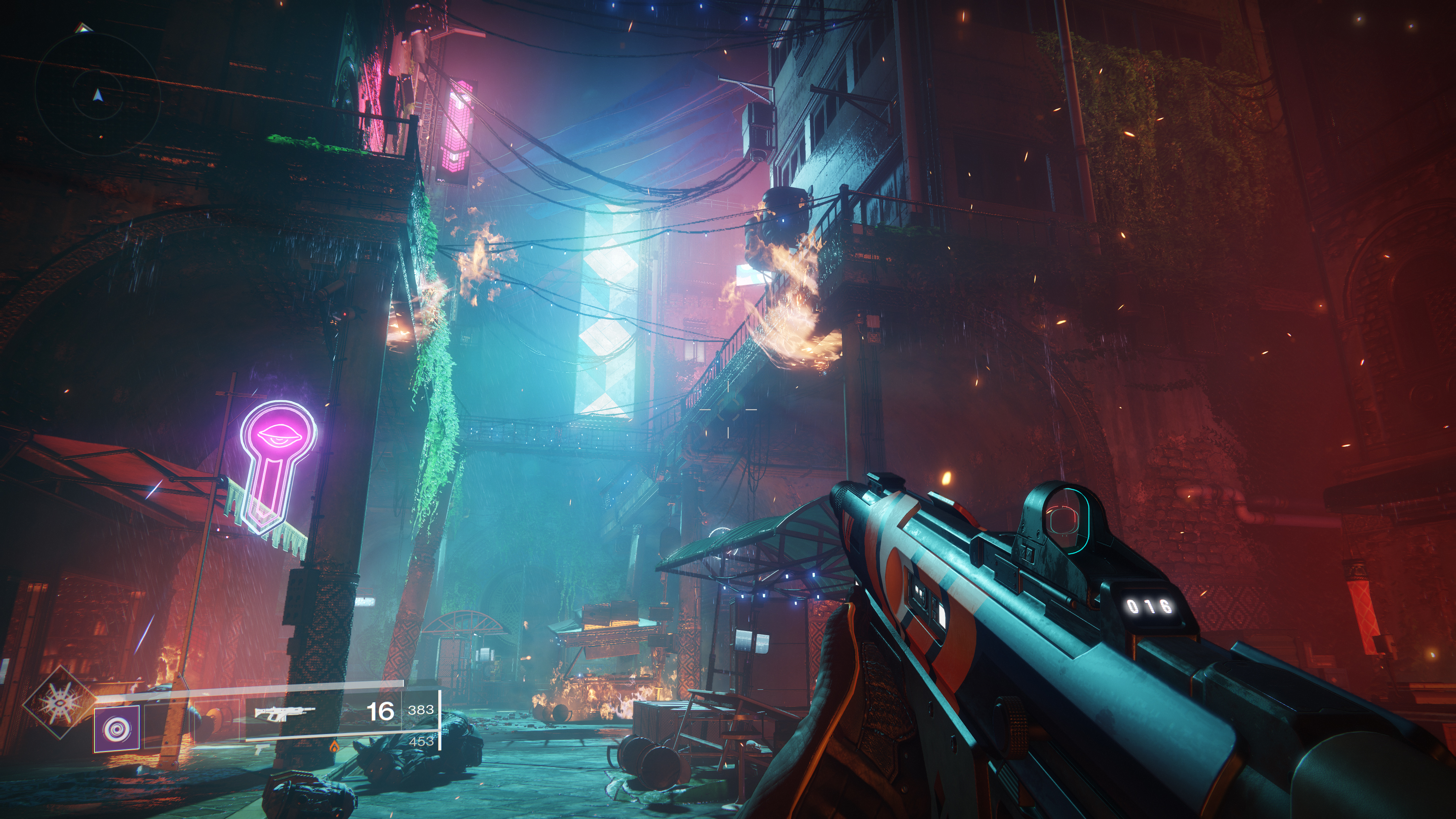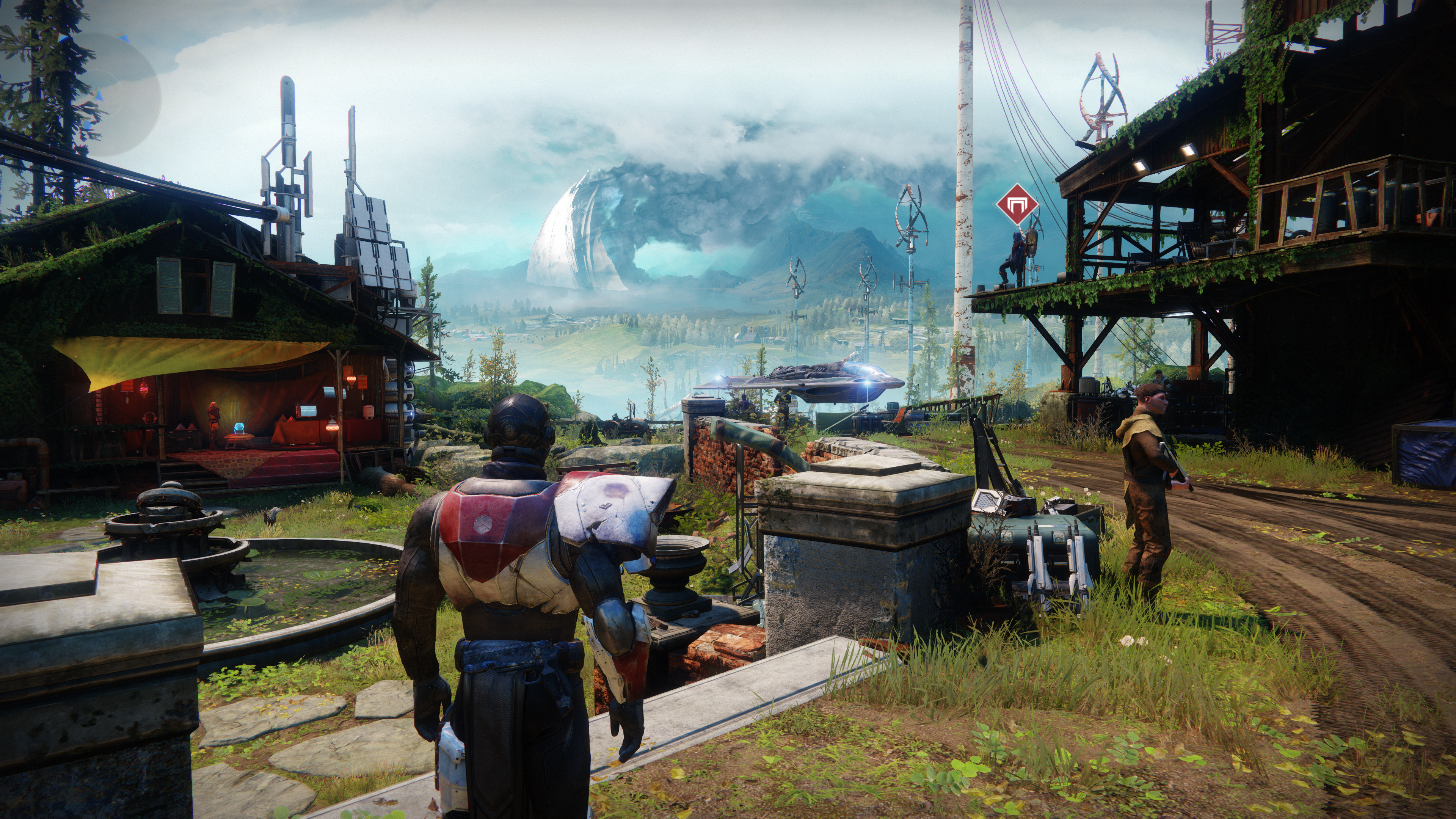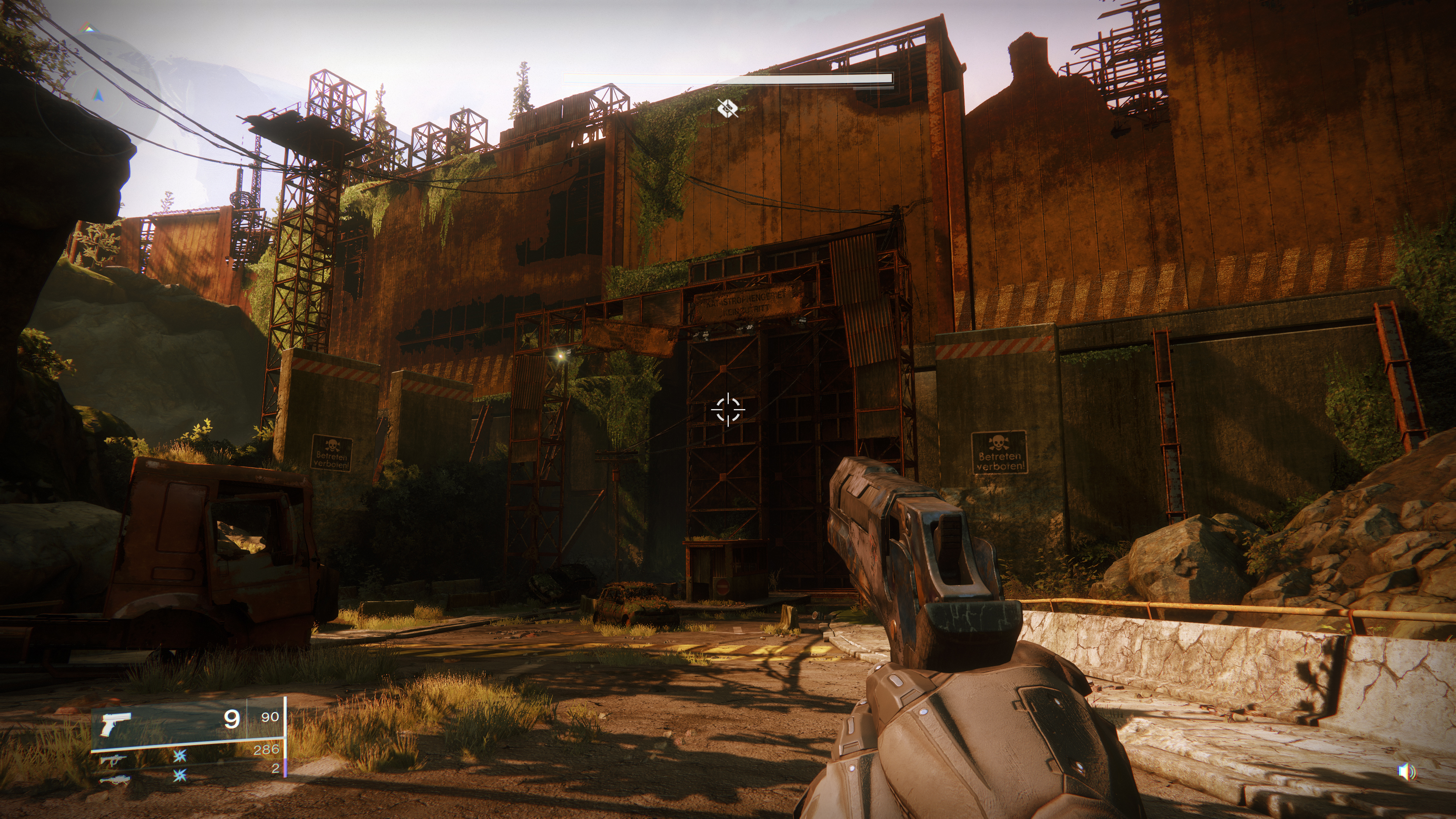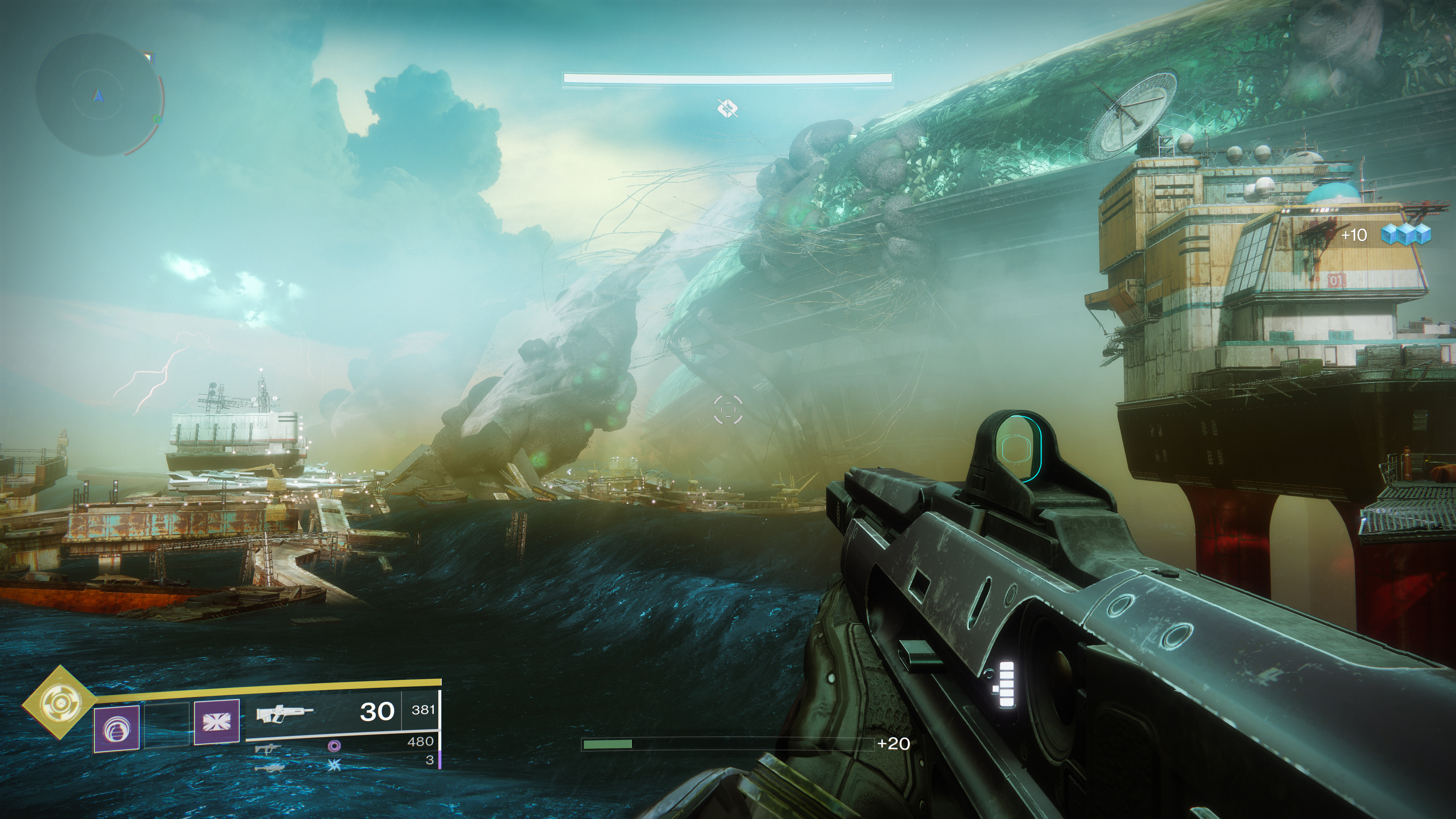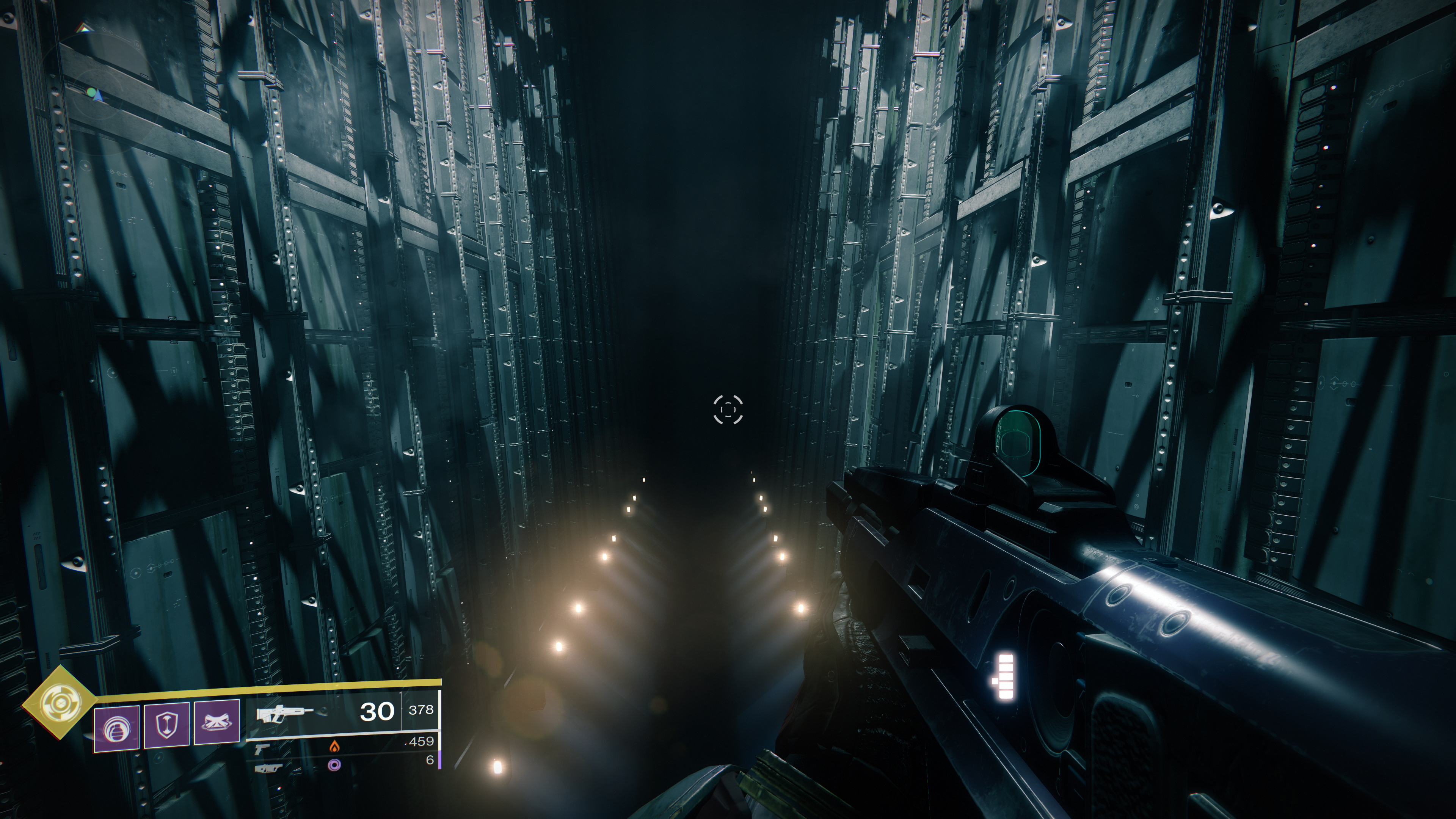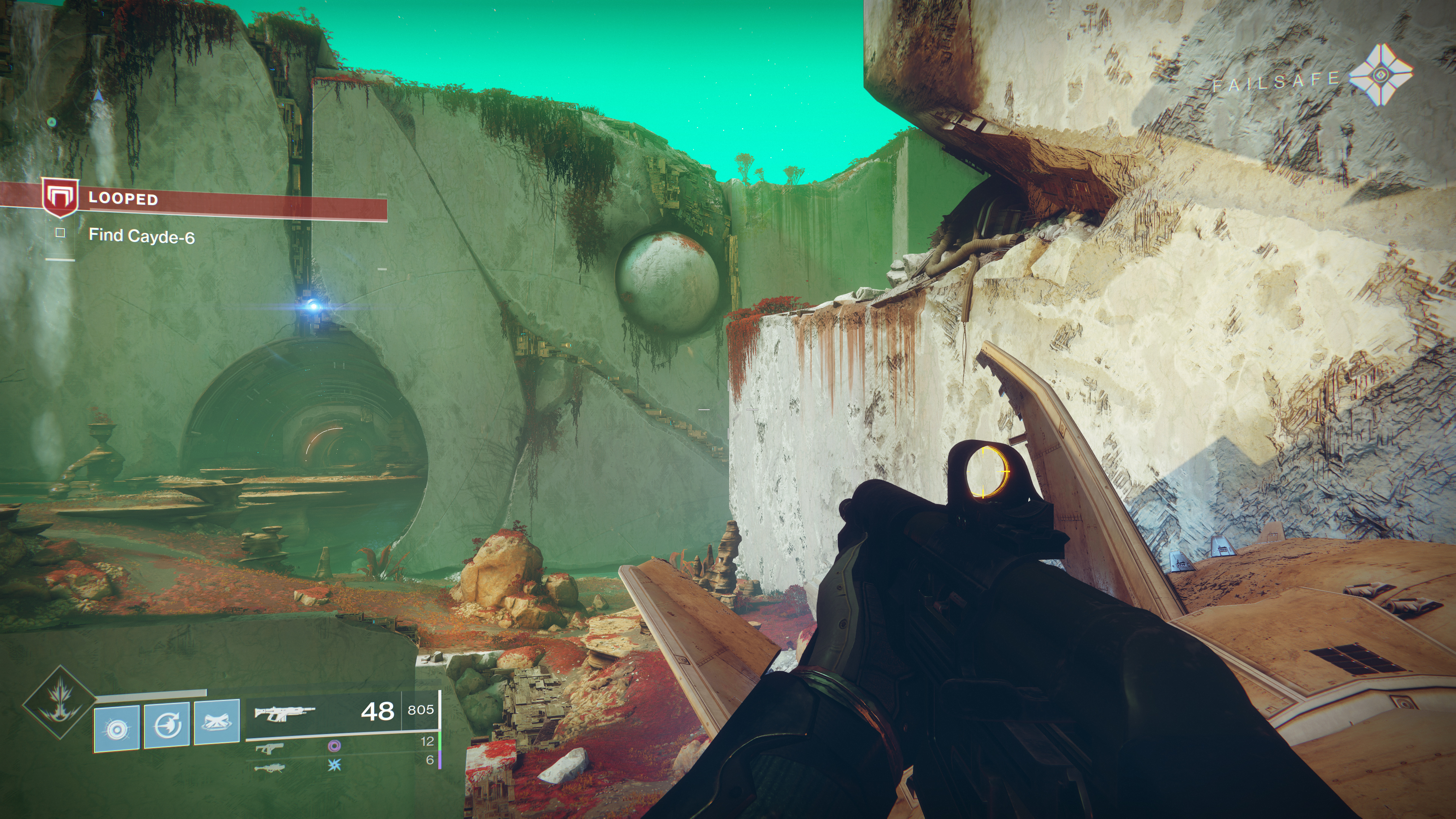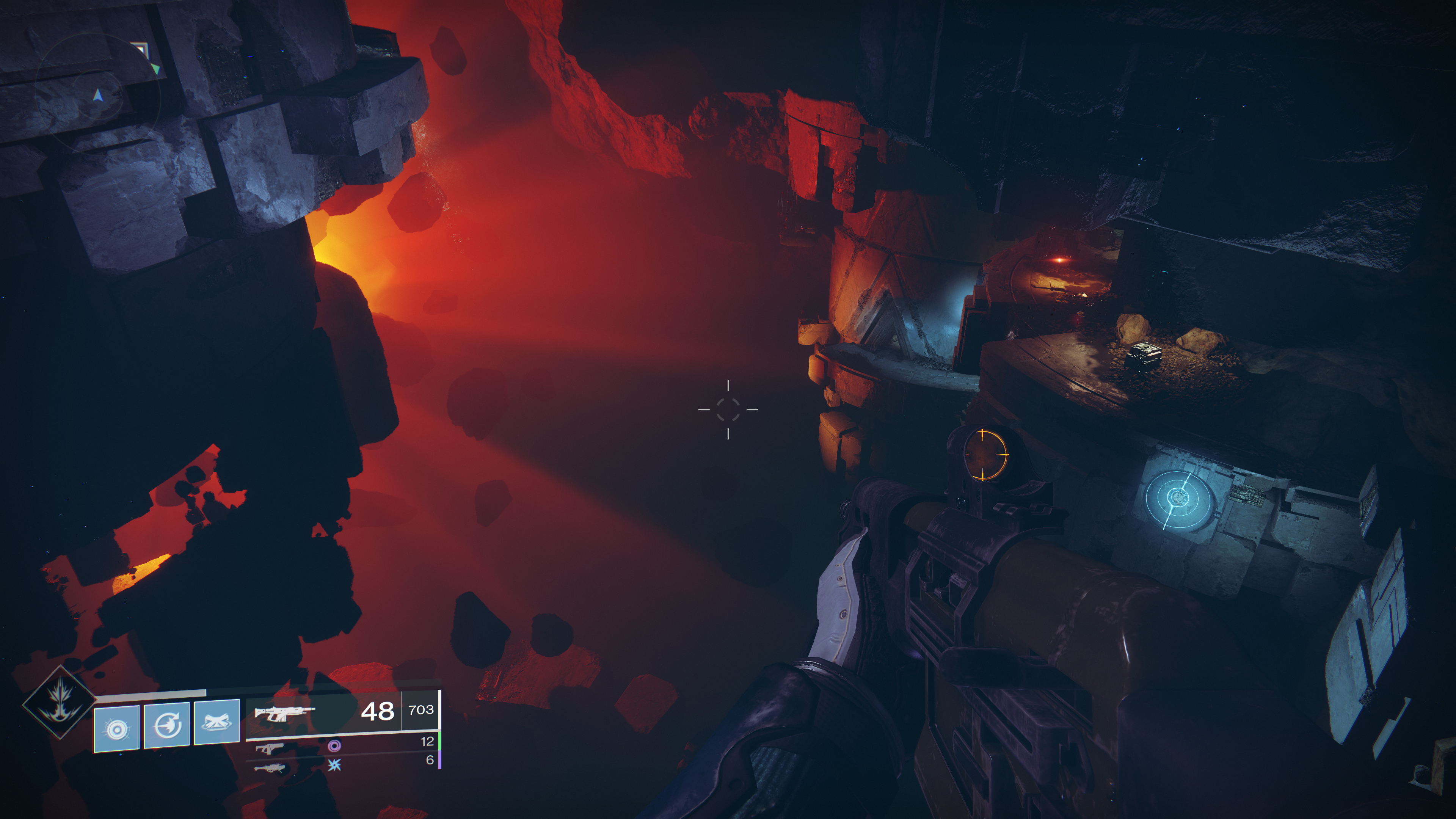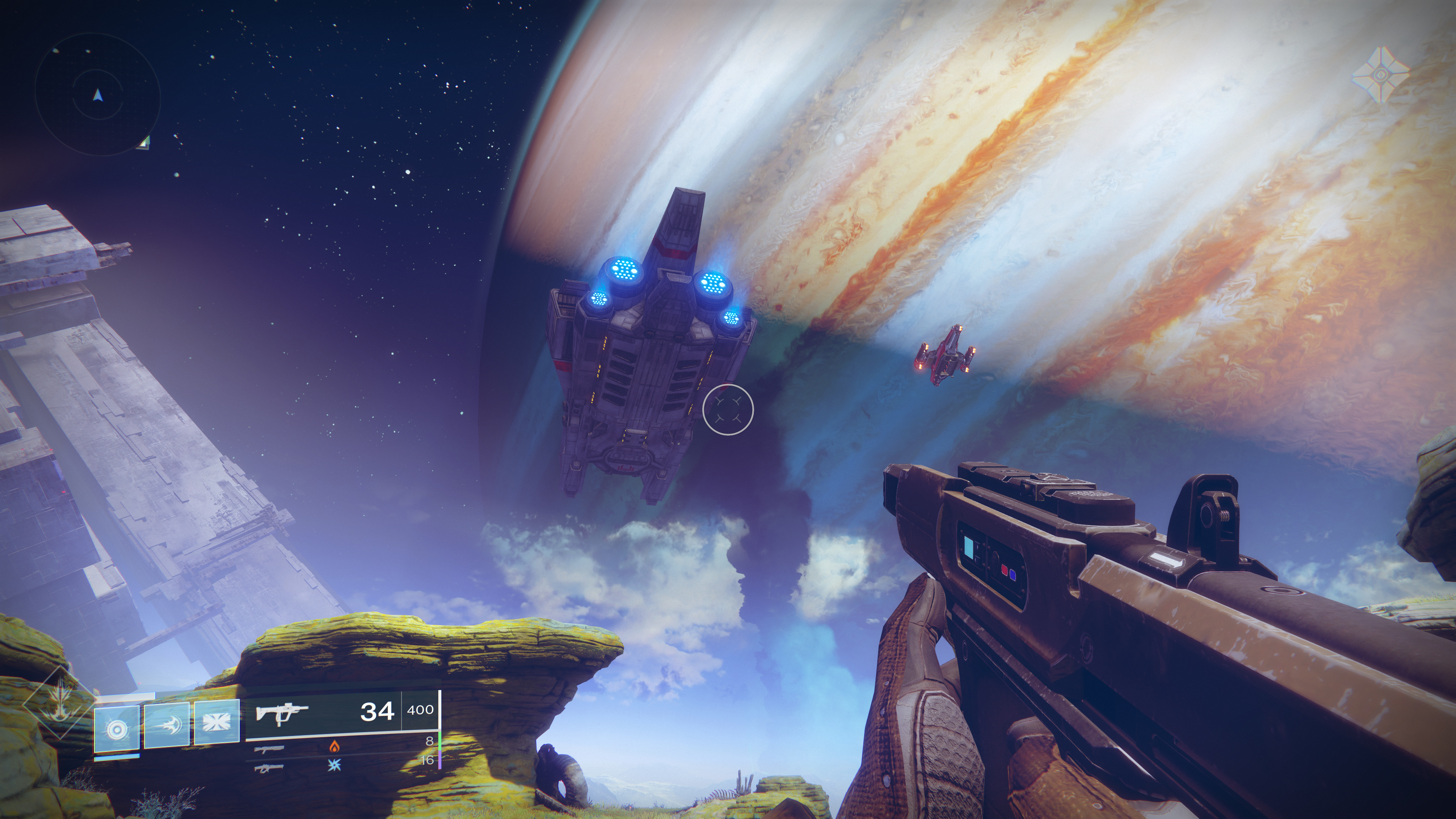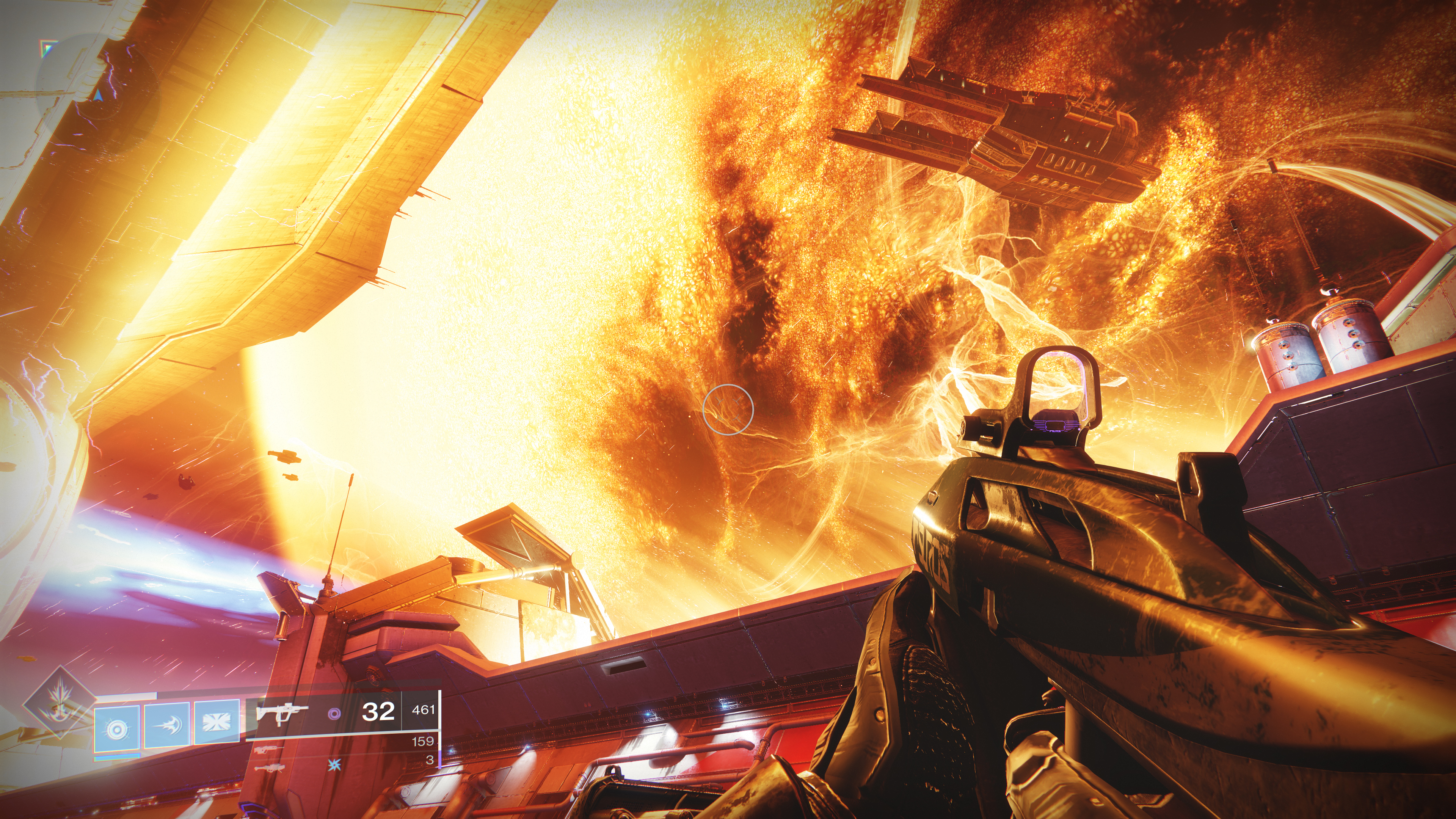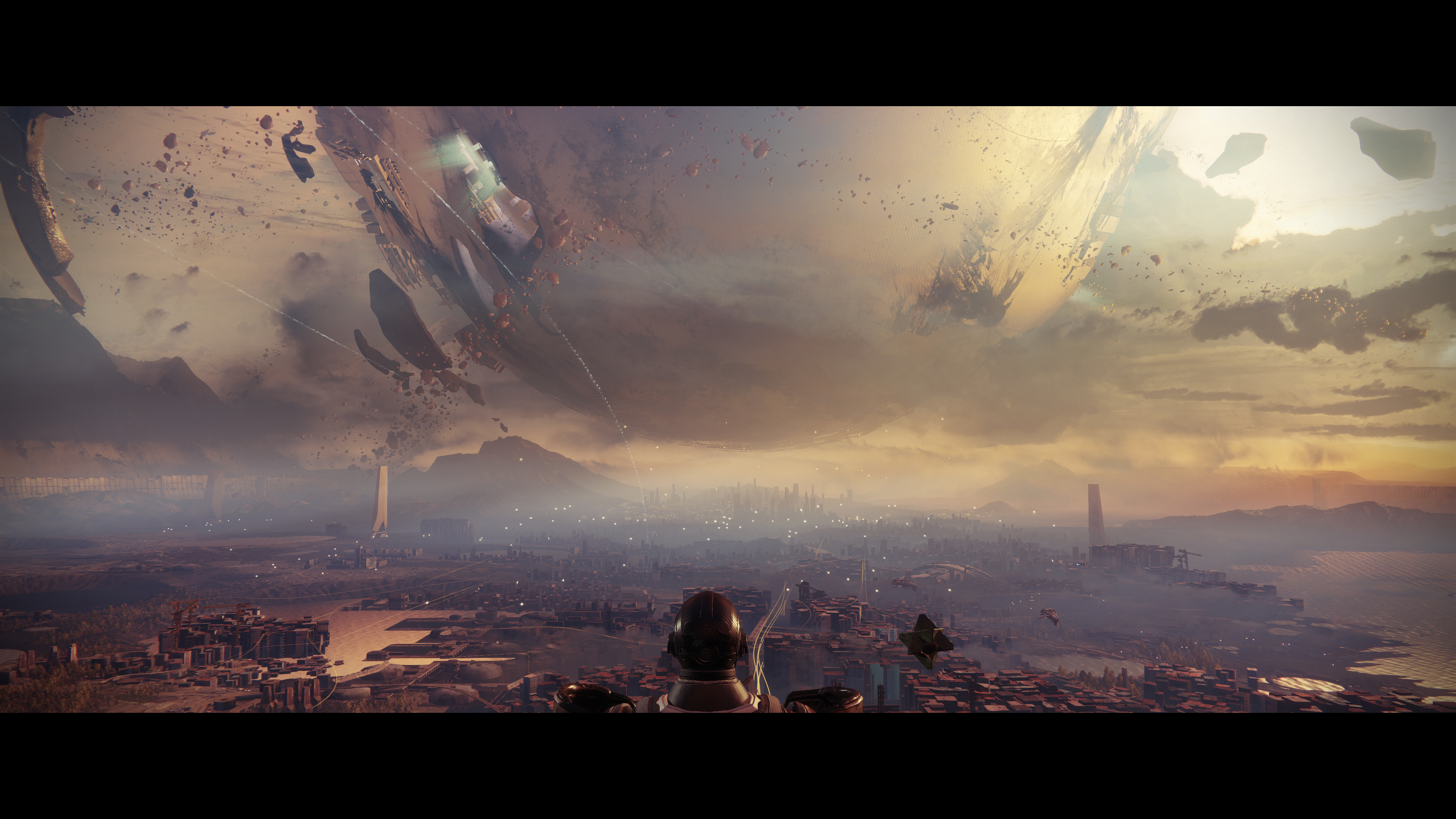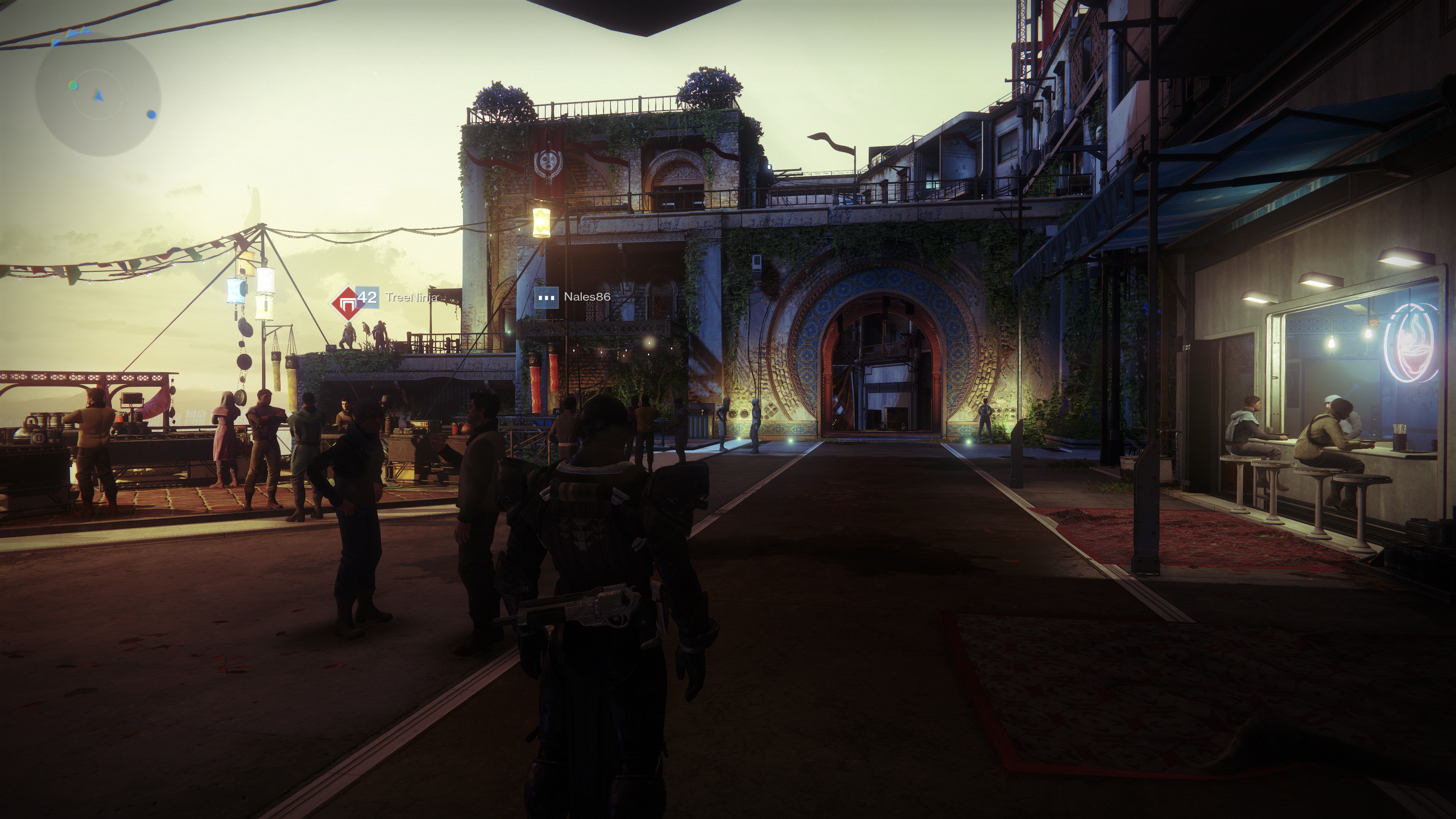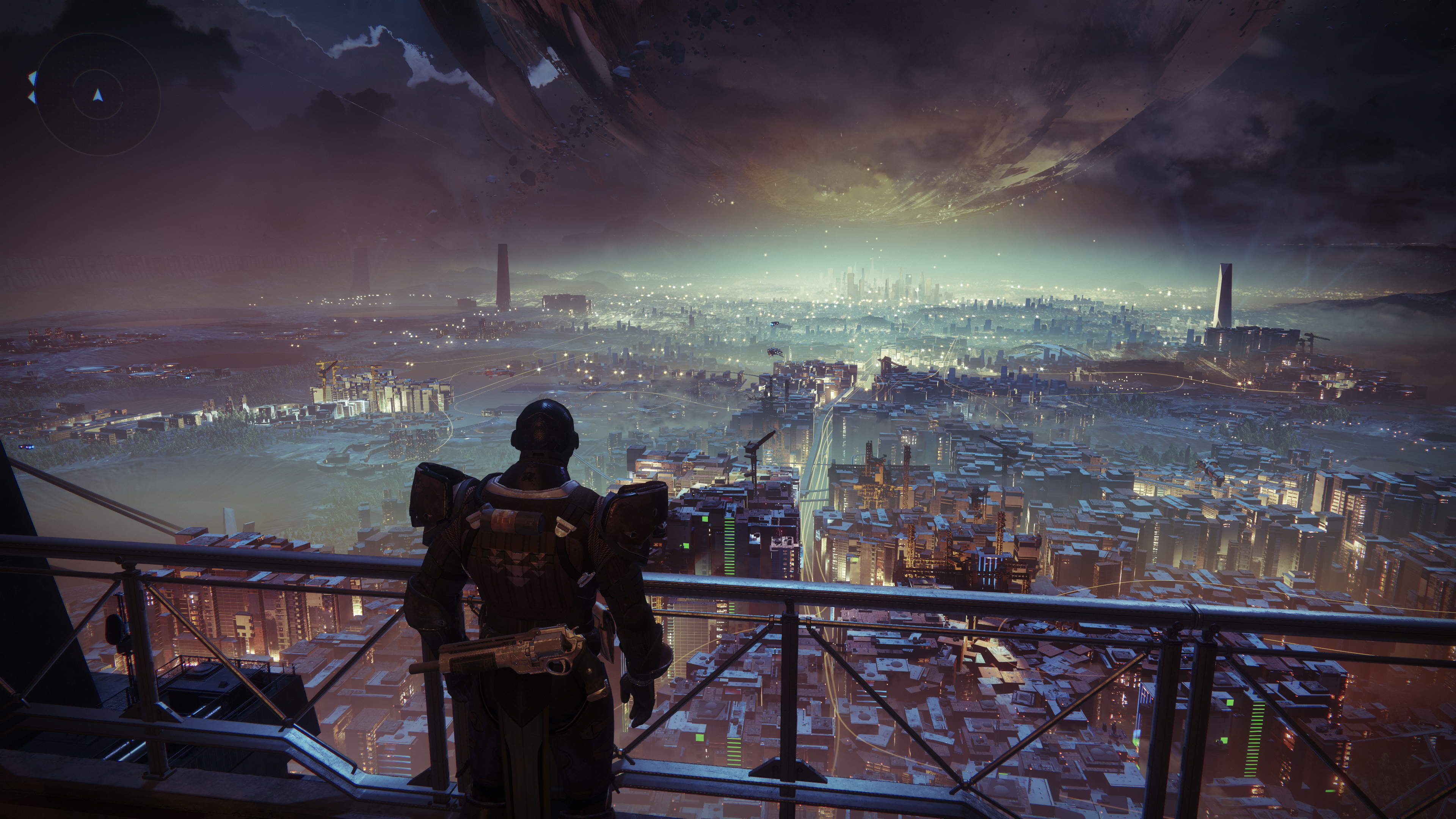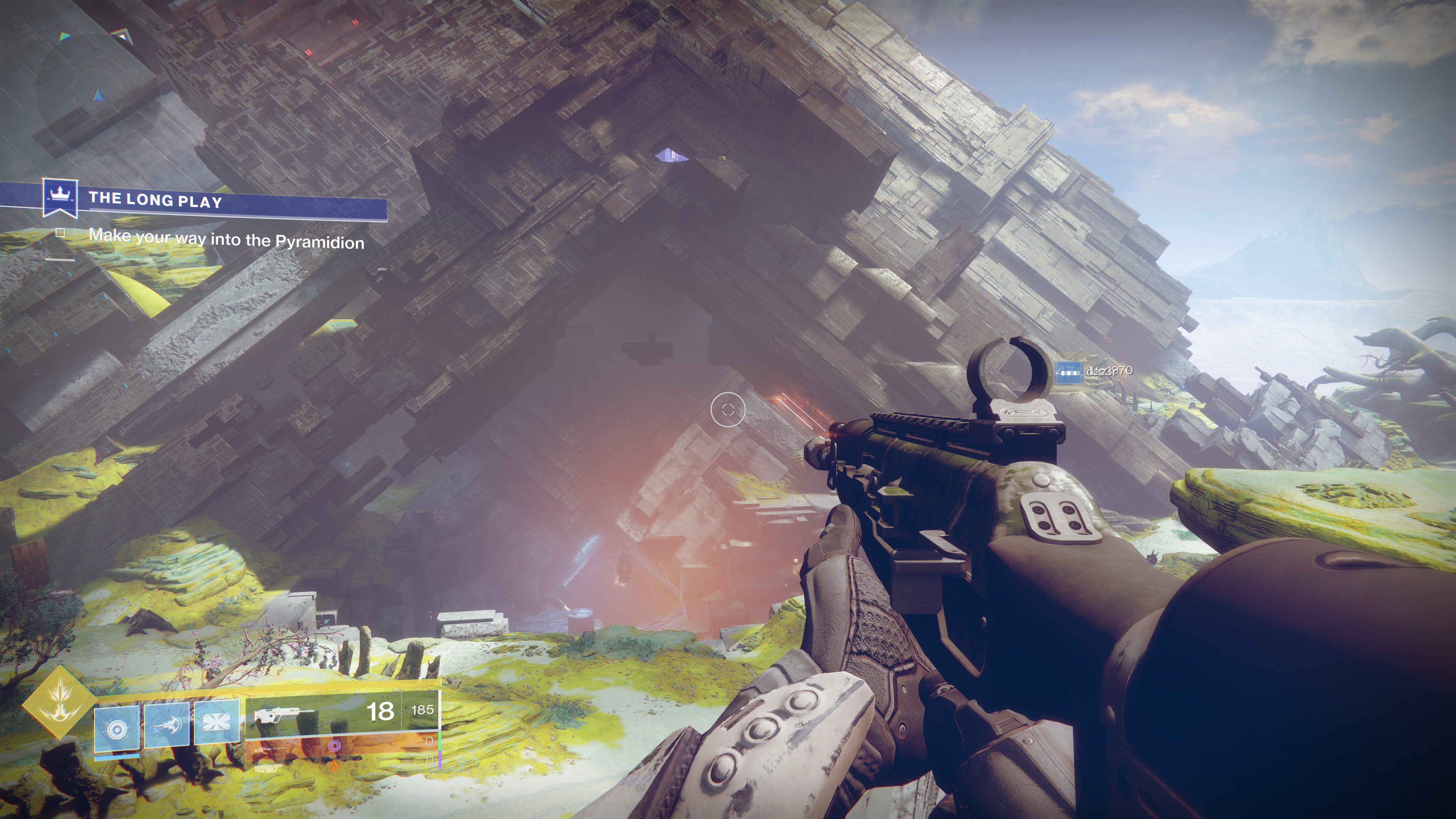Post Arcade: Rewinding a little bit. When Bungie’s Halo 2 came out, that was the first game, I think, where it was sort of like voice chat is kind of a given. I mean there were other Xbox Live games before that, but Halo 2 was the first game where you could reasonably expect that every single player, or close to it, had voice chat. Then, fast forward 10 years and Bungie’s Destiny was the first game that I could think of for a long time where voice chat was just off. For the first four or five months, you didn’t even have the option to turn it on with random groups. I, personally, loved that, right, you know? Was that a sort of conscientious decision to make it just a less toxic experience?
M.E. Chung: I mean, gosh, it’s so funny, right? It’s painful because I have made such amazing friends through random matchmaking and through opt-in voice, and whatnot. I love hearing people being crazy and nutty. But, yeah, it’s so painful for me when I hear about other people leaving games because of the people that they’ve met, and we’re just not putting good context in front of people, right? So it’s not that we didn’t want voice to be there, it’s more that we wanted players to have the choice, right, to have … if they wanted to be heard, and if they wanted to talk to someone.
Yeah, I mean, for us, when we talked about strangers … It’s so funny, systems and when you think about experiences, they sort of like morph when the relationship with the person is different. Like, the things that you’re willing to put up with when it’s your child, versus when it’s your friend, versus when it’s a stranger is totally different, in terms of the range and spectrum.
So, when we talked about public spaces, and we talked about how does another person in this hopeful universe look at another person and think, “This person’s totally not going to screw me over,” right? That was a very important pillar of the social game.
We knew not having voice in the beginning was going to cause a bunch of people to really complain about it. But, we also knew that we were going to work on opt-in voice, right? It was the right choice for us because we wanted you to feel like this other person isn’t already meeting you with all this toxic behaviour, but rather the first impression is like, “Okay, I don’t know. I don’t know. But maybe I can implant some hopefulness into this person.”
But, it’s one of the reasons why there’s all these choices across the game, to make it so that another person can’t screw you over, right? That’s why it’s totally different when you talk about activities that require coordination, right? It’s the reason why Nightfalls and Trials and Raids, (Destiny’s hardest content, did not have matchmaking in the first game). We didn’t do matchmaking until we knew we had guided games, and we wanted to do it this way.
Post Arcade: I forget when it actually happened, but about a year, year and a half into Destiny, you could start acquiring gestures for your character that weren’t entirely positive. You could say “no,” you could have your character pantomime non-verbal things that could seem critical to another player. Was it ever a fear that even that level would add toxicity?
M.E. Chung: Oh, yeah. All the time. It’s amazing how much scrutiny is put into literally every, any kind of player communication because of those things.
People use things ironically, and I actually kind of want them to be able to have the choice to use it ironically, but even still its context of the universe is still better than hearing someone’s vitriol. That’s the thing. People can do that if they want to. If you’re the kind of person who really wants to spit vitriol all the time, because it’s fun for you, I’m like why are other people signing up for that, right? But people make assumptions that there are such a thing as like totally bad people and totally good people, and it’s just not true. It’s like everyone has a bad day every once in a while. Then, things just get misunderstood.
Post Arcade: But it only takes one bad person out of like 100 to really sour you because …
M.E. Chung: We remember our really negative experiences.
Post Arcade: Every time you do it, you have to think in the back of your head, “Is this going to be”-
M.E. Chung: One of those.
Post Arcade: … “something that’s going to ruin my day.”
M.E. Chung: Right.
Post Arcade: If it is, why am I doing this for fun, you know?
M.E. Chung: Yeah, yeah.
It’s a shame in a lot of ways because if everything was perfect, everyone just would get along, right? That’s like my … Certainly, I’m the kind of person who loves experiences where I can hear people being kind of jerks to one another, but that’s like a special weird person, like me.







![Glory to Codexia! [2012] Codex 2012](/forums/smiles/campaign_tags/campaign_slushfund2012.png)





















